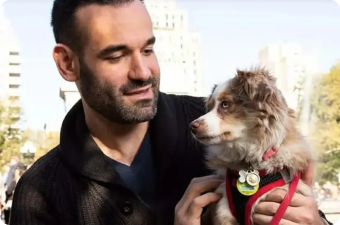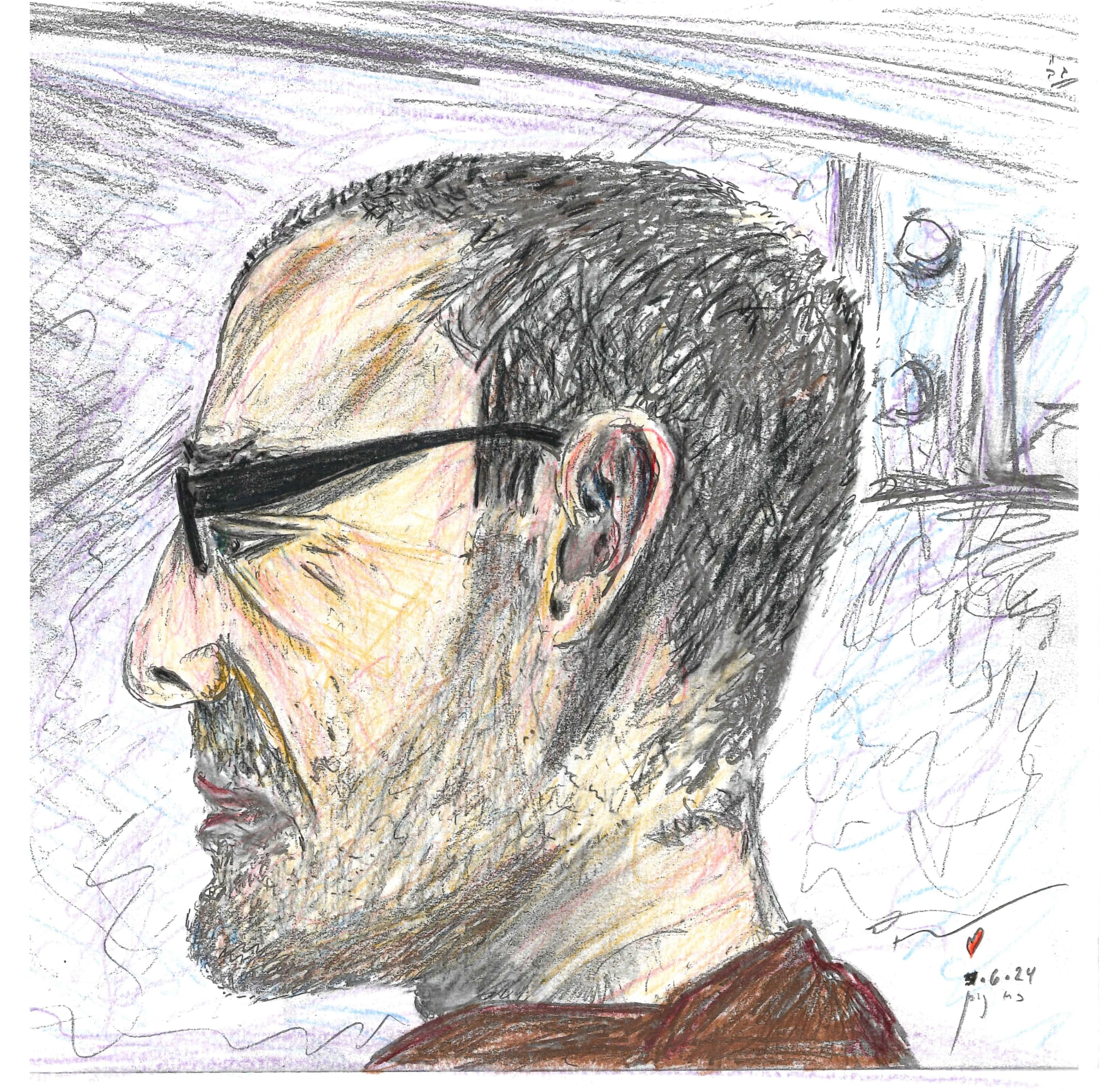Some days you wake up in prison and some days you wake up IN prison. Today was one of those days where the steel bars feel a little colder and tighter in the morning. You think back to things destroyed, opportunities killed, relationships harmed or ended… you think of the stress, the loss, the folks who judge without looking, the folks who take advantage of your vulnerability or isolation to do things they wouldn’t dare otherwise, the folks who pile on the hurt — hurt people who see an easy target to push their own pain out. It’s easy to accept now that it’s not about me — that these people need help — but sometimes my brain likes to play a highlight reel of the hurt.
Some days you can shake it off in a second, other times it takes an hour, and some days it follows you around a while, pulling you down as you walk, work out, or sit to eat or think.
Today it was only an hour, but it was a heavy weight.
There are days you want to reach out and talk with someone, but nobody has written to you, it’s too early to call, and you don’t have anything new to say in a message.
It’s rare I can’t run my mouth about something (sorry!) but even the most zen among us sometimes needs a soundproof room to go into and shout, “FUUUUUUUUUUUUUUUUUUCCCCCCCCCCK!!!!!!”
Or a mountain-top.
And sometimes I shout it, in a letter to family, or a friend who’s tolerant of the occasional vent. But usually I am able to talk myself out of it, or wait it out. The sunlight will come. Hope will come.
In moments of despair, when things feel hopeless for ourselves, it’s important to remember that we’re not here for ourselves. While certainly a key to life is to enjoy it, that can’t be why we’re here. Joy, yes, but with purpose greater than ourselves. Viktor Frankl said this best. (Read his book, “Mans Search for Meaning”, about making it through the Holocaust by holding onto a purpose, or my forthcoming book about having misplaced his book, “Man’s Search for Man’s Search for Meaning”. Spoiler: It was in the attic.)
Perhaps in your despair, your mission for the day is to simply smile and greet someone who is also feeling hopeless and alone. Maybe that glimmer of kindness in a dark place, before the sun has even risen, is the thing that keeps him off the edge, or pulls him back. Maybe that act of kindness is all you need to remember that it’s not all hopeless and there is a point, and that you have a value completely outside what you can do for yourself.
Today, that’s what pulled me out. Just saying hi to an older Jewish guy as I passed him and saying looking forward to seeing him tonight for services. His face went from sad to smiling. I wasn’t sure I felt like seeing anyone tonight, I was in a pretty deep funk, and kinda wanted to get into bed and stay there until they let me out, but that was all it took to get me out of my own head for the day.
Our brains have many powerful mechanisms to protect us, many based on fear of the unknown, fear of things which may or may not have happened in the past, and a desire to avoid uncertainty.
But uncertainty is part of life. And the cure is faith.
In this week’s parsha, Vaera, Avraham Avinu is told to sacrifice his son. Interestingly, he tells the lad (lad!) with him to wait for them, saying they will go bow and pray, and “we will return”. Avraham would not lie, so why would he tell this lad that he and Isaac would return when he was just commanded to sacrifice him? Rabbi Sacks explains that Avraham was uncertain as to how, but had complete faith that God would build his lineage through Isaac. In times of darkness, when there doesn’t seem to be an out — faith is what gets you through those dark moments. It’s what keeps you on the mission. You can’t know how, but you can believe it will all be for good.
A few hours later, my case manager called me into his office. He said they were going to sacrifice me to the Old Testament God. I said, first, Officer, it’s the same God. Second, this is the kind of joke that makes people think I can’t stay serious for long enough to do anything right. He agreed that this paragraph was a waste of your time and mine, distracted people with ADHD from the storyline, and that we should return to reality…
What actually happened is he called me in to say he’s nominating me for Halfway House, which is outside prison, and which usually results in near-instant transfer to home confinement. I’d be out in maximum 90 days, and more likely 35 days. On the day I’ve needed it most, it came, a clear, nearly guaranteed door out. Hope.
The bars didn’t seem so heavy or thick anymore, the grays and browns seemed brighter, the industrial LEDs a bit warmer.
You can find hope and joy in the darkest of places. Sometimes, it’s smile away. Sometimes it’s in the middle of a dark funk.
And that’s OK, because we can’t be certain how God will save us, only that He will.
May our soldiers in Israel return home, too, safely and succesfully.
Shabbat Shalom, Ari


